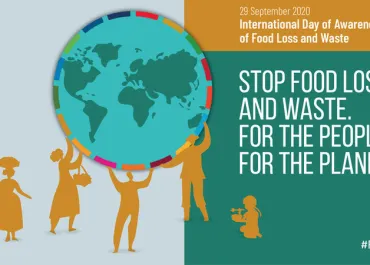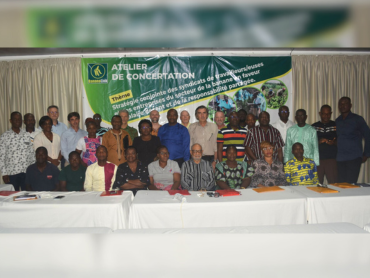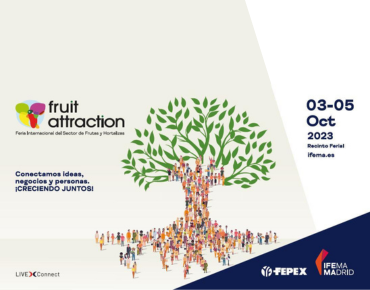
« The agro-ecological transition, as a political project, can really be an opportunity to build the world after Covid. »
30 June 2020
“The agricultural sector must be positioned at the forefront of the cooperation policy between the African continent and the European Union”.
5 November 2020On 29 July, FAO launched a platform against food loss and waste. In addition to providing access to the institution’s resources on losses and waste, the online platform now makes it possible for everyone to observe the geographical distribution of this phenomenon, to integrate a discussion forum and to obtain advice on the subject. This mobilization of the United Nations specialized agency is not insignificant. While more waste is observed in industrialized countries, the scourge of post-harvest losses (PPR) particularly affects emerging agricultural systems, including the African one.
Indeed, from the initial production stage to household consumption, the quantity of food is drastically reduced. According to the FAO, nearly 37% of the continent’s production would be lost in this way. Technical and financial limitations, whether on harvests, storage or packaging, make supply chains fail. In a context where the climate exposes foodstuffs to high levels of humidity and excessive temperatures, it becomes particularly difficult to preserve and transport products in compliance with health standards.
While more than 237 million people in sub-Saharan Africa are undernourished, strengthening agricultural value chains offers significant potential for improving the continent’s food security. While it is clear that food production must increase to meet the needs of an ever-growing population, reducing food losses presents an alternative that should not be overlooked. In a context where natural resources are limited, producing food that will ultimately never be consumed leads to unnecessary CO2 emissions and a decline in the economic value of the food in question.
Today, small farmers, who represent 80% of the African agricultural system, have too few means to diversify, develop and finally market their products. While too many of them still live below the poverty line, a reduction in RPPs could have an immediate impact on their livelihoods.
The extent of the situation varies from country to country and by product type. In Nigeria, for example, more than 50% of fruit and vegetable production would be lost due to poor storage practices. In Guinea and Senegal, 20-50% of potato production is said to have been altered and rendered unfit for consumption since the beginning of the year. The health and economic crisis linked to Covid-19, by impacting supply chains, has made it more difficult for farmers to sell their goods. Stocks are accumulating, often in conditions that are not favourable to the conservation of the most sensitive products.
In order to act effectively against this scourge, several courses of action must be favoured. On the one hand, strong public intervention can support the sector and on the other hand reduce the amount spent on imports.
As a first step, tools must be made available to farmers to enable them to carry out a first stage in the processing of perishable foodstuffs. Like cassava, which has to be processed 48 hours after digging, many products are extremely fragile and require rapid handling. For producers to acquire these tools, it is imperative to set up innovative mechanisms for access to financing.
Training is also a key issue. Lack of knowledge leads to poor use of management and storage techniques, particularly in the plant sector. By supporting farmers in the development of their knowledge and encouraging cooperation, African public authorities can make a difference. The joint awareness-raising work of FAO, the African Union and the Rockefeller Foundation started in 2017 is a convincing example. More than 100 actors in the sector have been trained in post-harvest crop management and in Tanzania, FAO’s food loss analysis method is now part of tertiary education training programmes.
In conclusion, the causes of post-harvest losses are as diverse as the means of prevention. In order to hope to overcome the difficulties encountered in the implementation of SDG 2 “Zero Hunger”, a stronger mobilization on the subject must be initiated.




